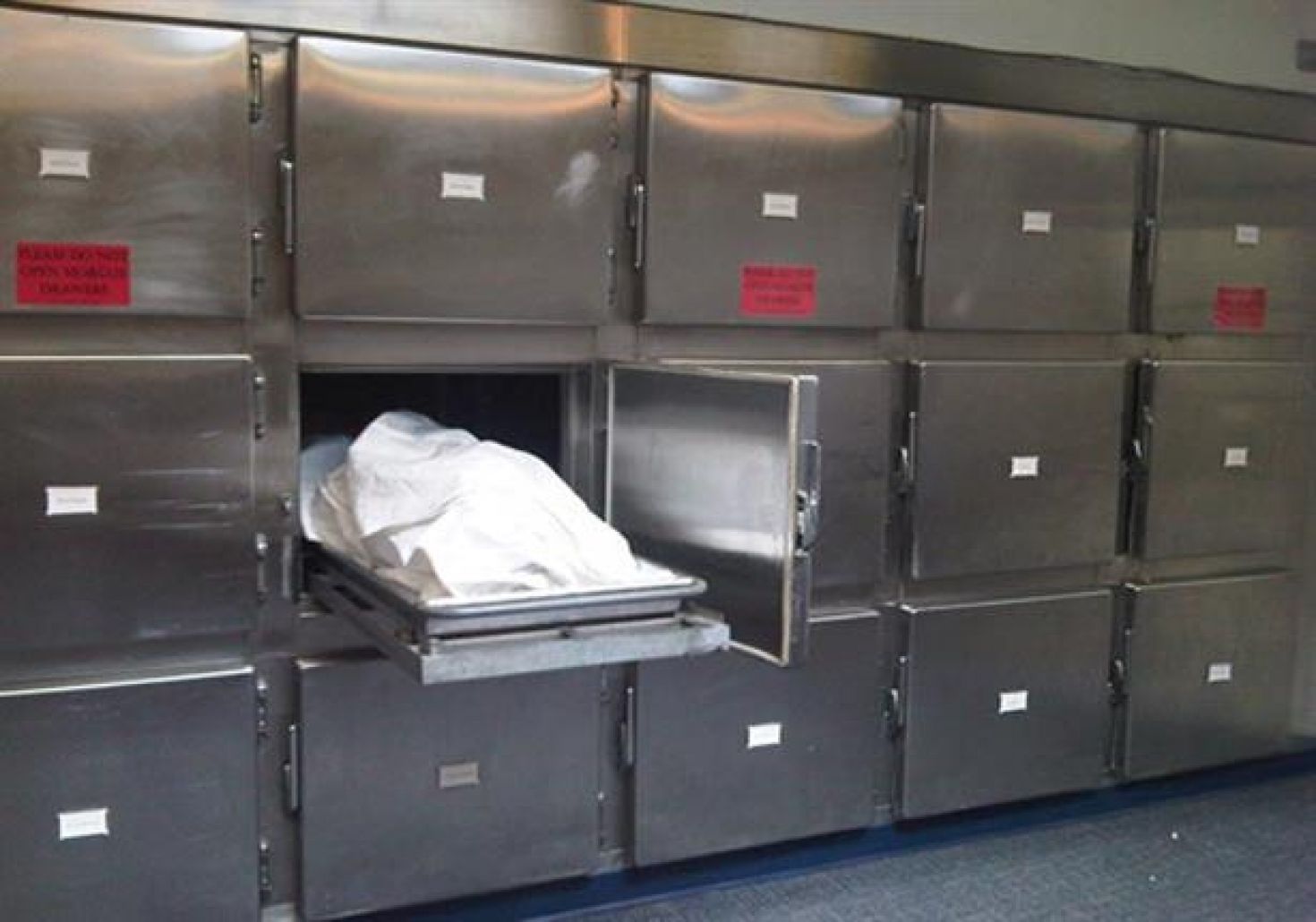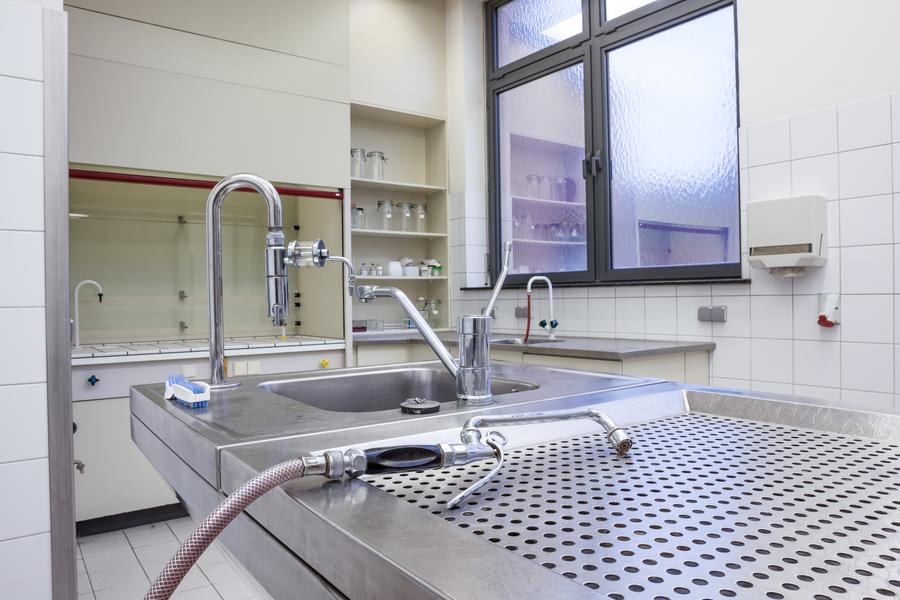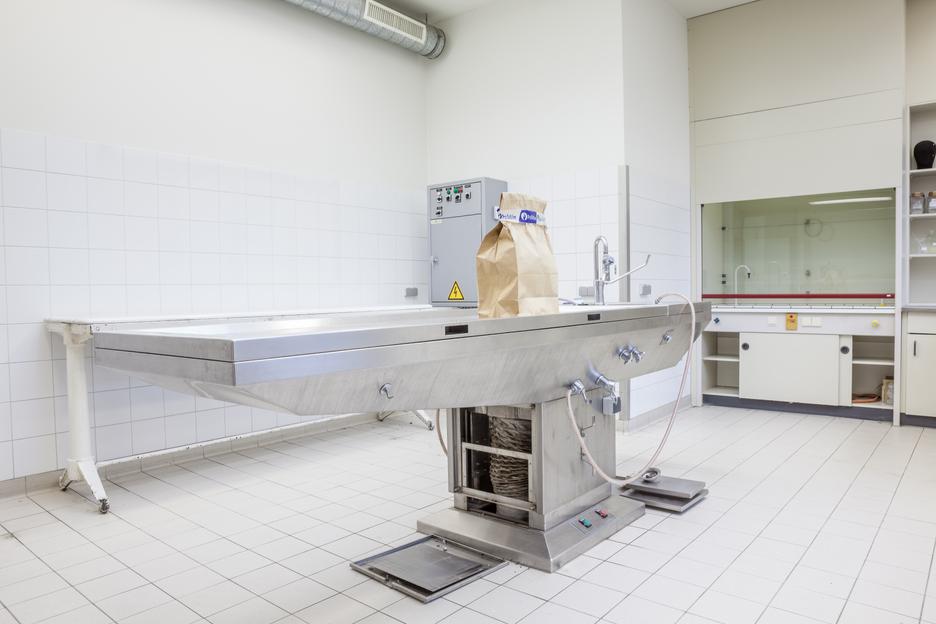Medical examiners, also known as forensic pathologists, investigate deaths if they are deemed unusual or suspicious. However, it is not always known at the time of death if the deceased has a bloodborne infection or virus. This is why all bodies should be considered as potentially infectious and standard precautions should always be adopted, regardless …

It’s Your Funeral: Risks of Sharps Injuries in Funeral Facilities
Funeral directors and embalmers have close contact with cadavers and body fluids, which leaves them at risk of sharps injuries and bloodborne infections. Sharps injuries can transmit bloodborne viruses such as Hepatitis B, Hepatitis C, and HIV. There is also the risk that a serious sharps cut can damage a tendon or nerve, which can …

Risks of Scalpel Injuries in Autopsies
Working in a autopsies can be demanding and often requires complex dissection using scalpels. Autopsy surgeons, forensic pathologists, and the personnel who assist in conducting autopsies are at risk of scalpel cuts and injuries. Scalpel cuts carry the associated risk of acquiring various kinds of viral and bacterial infections from contagious body fluids and soft …
Continue reading<span class="screen-reader-text"> "Risks of Scalpel Injuries in Autopsies"</span>


